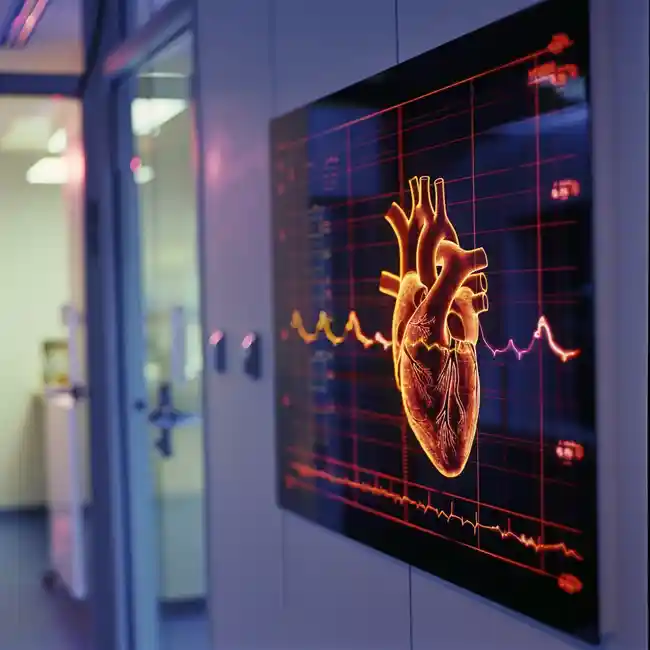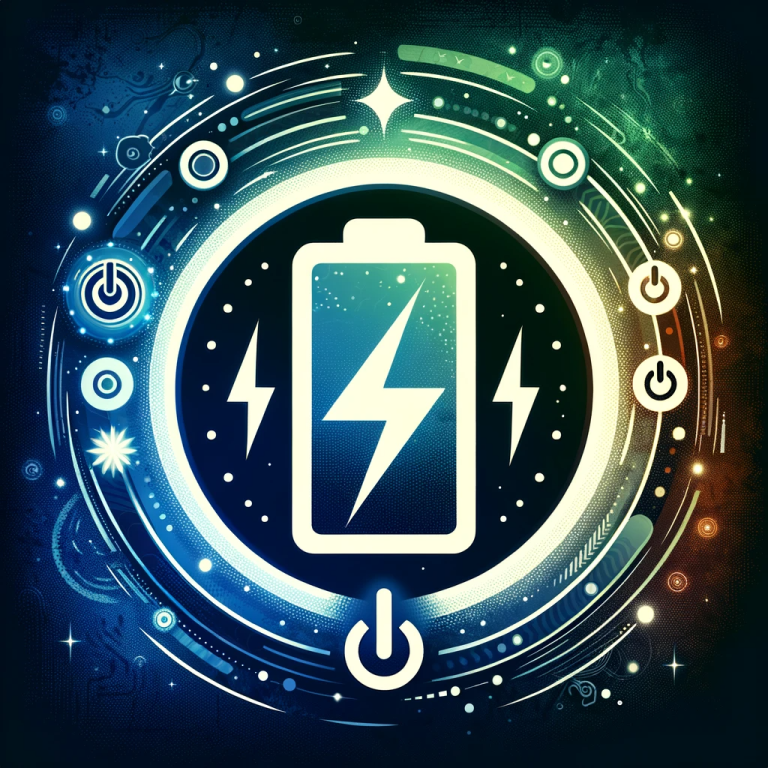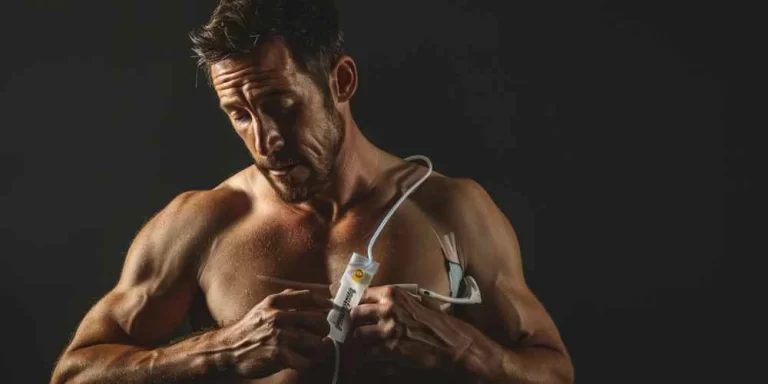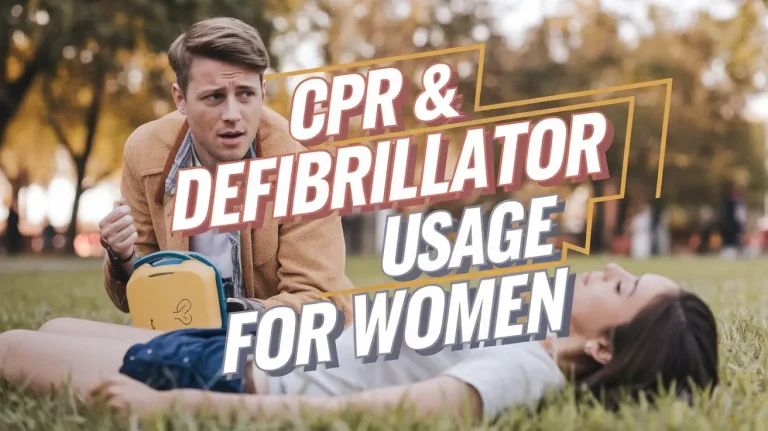Can They Restart or Stop a Heart? Understanding Defibrillators

As a crucial life-saving device, defibrillators have gained increasing attention in recent years. From Bunnings, Woolies, to your local gym they are popping up everywhere.
At DDI Safety, we believe that understanding how defibrillators work is essential for everyone. We want to help you understand how these devices affect the heart.
In this article, we’ll answer three of your most common defibrillator heart questions. While they may sound like super similiar questions there is actually a bit of nuance in the answers.
Can a defibrillator restart a heart?
Can a defibrillator restart a stopped heart?
Can a defibrillator stop a heart?
Let’s check them out
Can a defibrillator restart a heart?
Your heart has electrical signals that tell it when to beat. A genetic condition, drowning, trauma or heart attack can cause those electrical signals to go haywire.
Rather than beating properly, the heart doesn’t know what to do and starts wobbling like Jelly.
When used quickly: a defibrillator can effectively “restart” the heart by delivering a controlled electric shock to the heart muscle.
This shock interrupts the heart and allows it’s the electrical signals to reset themself and re-establish a normal rhythm.
Can a defibrillator restart a stopped heart?

While defibrillators are incredibly useful in certain cardiac emergencies, they cannot restart a heart that has completely stopped beating, (a condition known as asystole).
Like we mentioned above: When a heart first stops beating, often their is still heart activity. The heart isn’t pumping properly but wobbling around like jelly.
It’s in these moments a defibrillator shock can make a difference. If you don’t get to the heart quick enough often their can be no activity at all in the heart, and in that case a defibrillator won’t be able to do much.
However, emergency can sometimes give medication to stimulate heart activity and give a shock.
That’s why we recommend having a defibrillator at home or in your workplace. Some studies have shown that you can have as high as 74% chance of survival when shocked within 3 minutes.
Can a defibrillator stop a heart?
Answer: Sort of. When a defibrillator delivers a shock, it aims to momentarily stop the chaotic electrical activity in the heart, allowing the heart’s natural pacemaker to resume a normal rhythm.
This process is often referred to as “resetting” the heart.
But are you worried you could accidentally stop a good heart if you use a defibrillator in the wrong way? You don’t need to worry. Defibrillators are designed with advanced sensors that determine when to give a shock. They won’t shock someone with a properly working heart. Rather than have to make the decision yourself the defibrillator is like a doctor with expert heart knowledge, it makes the call for you. So it won’t accidentally give a shock.
Conclusion:

Defibrillators are powerful tools in the fight against sudden cardiac arrest,
We’ve learnt that while they can effectively “restart” a heart in certain types of cardiac emergencies, they cannot start a heart that has completely stopped beating or stop a heart that is functioning normally.
We hope this has helped you become more confident in saving lives.
For a more in-depth look at how defibrillators work, we invite you to read our article, “How Defibrillators Work” At DDI Safety, we are committed to providing high-quality defibrillators and educational resources to help save lives. If you have any questions or would like to learn more about our products, please don’t hesitate to reach out to our knowledgeable team.





